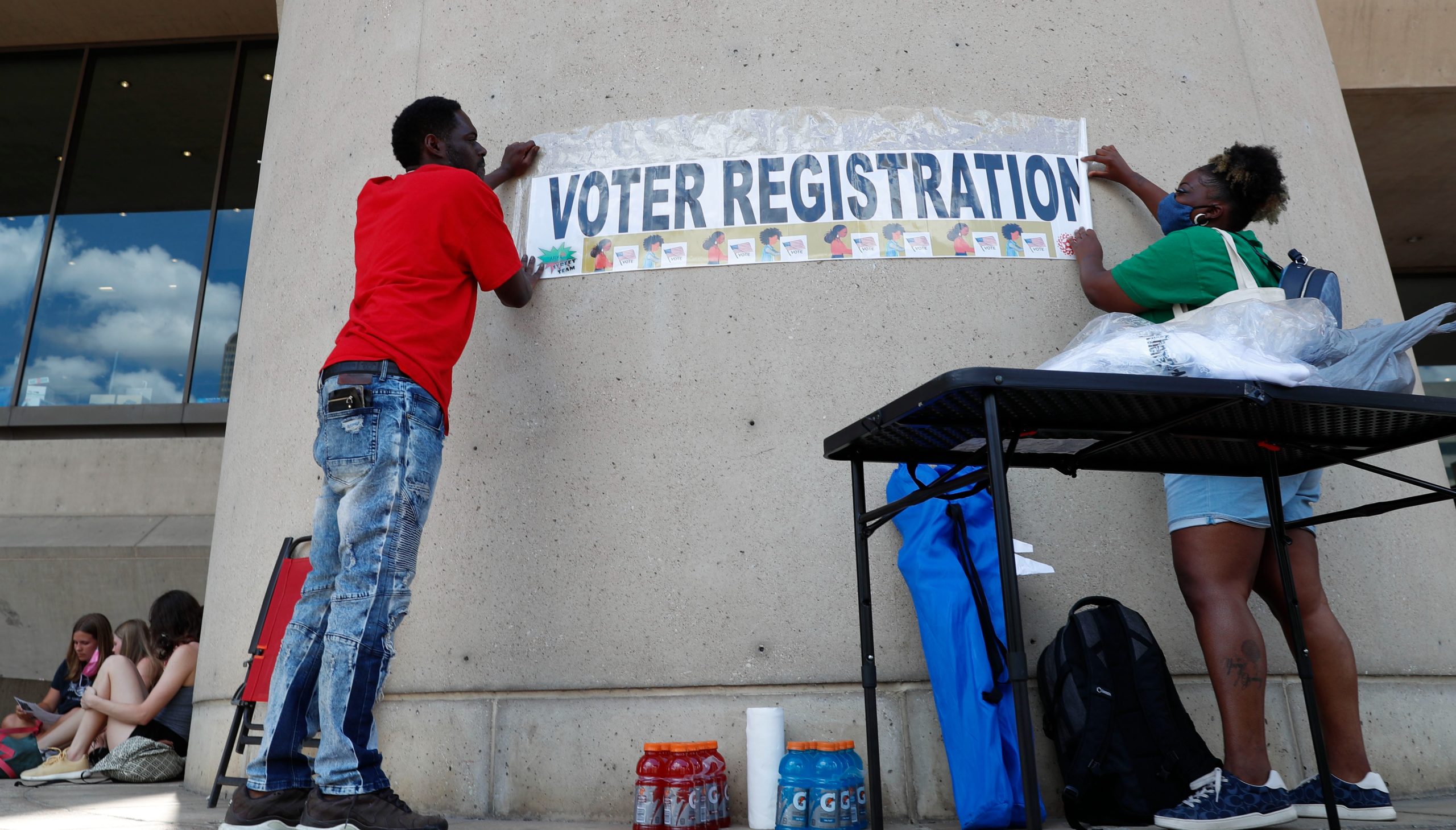In early April, a post on social media misinterpreted federal data from the Social Security Administration, falsely suggesting that hundreds of thousands of migrants had registered to vote in Pennsylvania, Arizona, and Texas.
The post gained remarkable traction after being shared by X owner Elon Musk, who commented, “extremely concerning.” This endorsement propelled the false narrative to millions of views across various platforms.
Despite efforts by election officials and news organizations to debunk the claims, misinformation continued to spread rapidly on social media. The original post relied on publicly available federal data from the Help America Vote Verification (HAVV) program, which tracks requests made by states to verify voter identities using Social Security numbers.

However, it inaccurately presented these numbers as individual voter registrations, leading to a grossly exaggerated estimate. The post falsely implied that individuals present in the U.S. illegally could obtain Social Security cards with work authorizations, enabling them to vote.
In reality, noncitizens with Social Security numbers, primarily lawful permanent residents or those granted work permits, are still prohibited from voting. Despite this, the misinformation persisted, fueled by underlying anti-immigration sentiments and partisan ideologies.
Efforts to combat misinformation face serious challenges, particularly on social media platforms where false narratives can spread unchecked. Even after being fact-checked, misleading posts often evade detection and continue to proliferate. While platforms like Meta have implemented measures to label and reduce the distribution of false information, the task of moderating content remains daunting.

The spread of misinformation has real-world consequences, undermining trust in the electoral process and potentially suppressing voter turnout. Organizations like the New Pennsylvania Project work tirelessly to counteract such misinformation and engage voters, but the prevalence of false narratives presents a serious obstacle.
Addressing misinformation requires not only correcting false claims but also addressing the underlying beliefs and grievances that fuel them. As misinformation continues to pose a threat to democratic processes, efforts to promote media literacy and combat disinformation are more crucial than ever.


